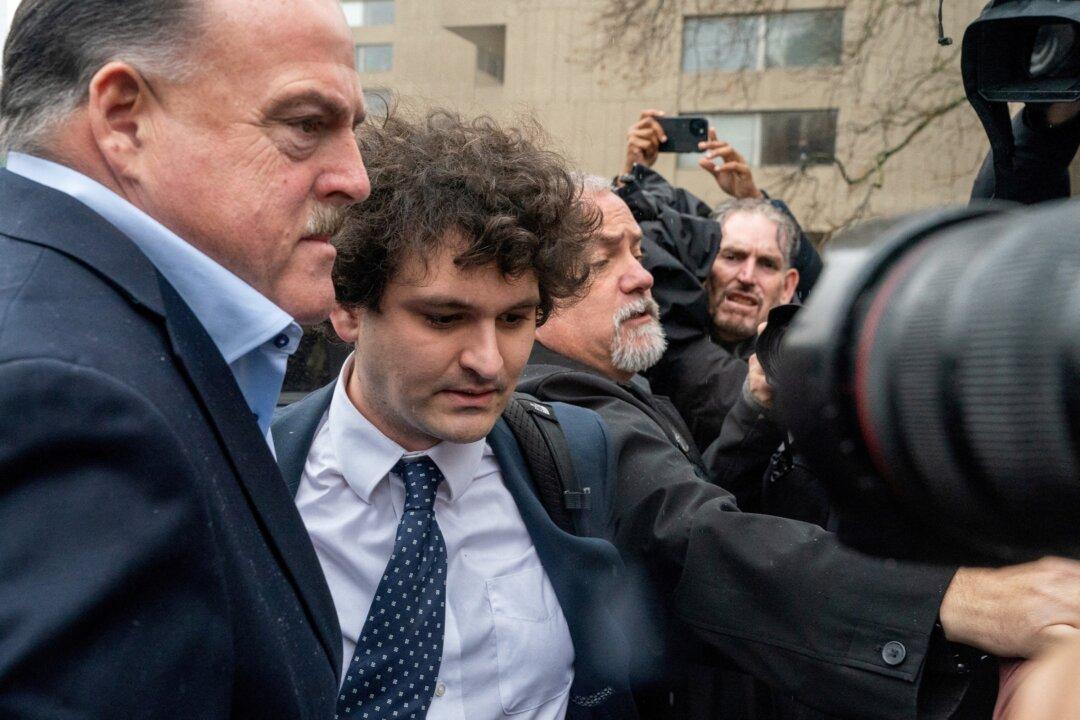FTX bankruptcy attorneys sent out private letters last week to politicians and PACs who received donations from the company, giving them until Feb. 28 to return the money voluntarily or face legal action.
“To the extent such payments are not returned voluntarily, the FTX Debtors reserve the right to commence actions before the Bankruptcy Court to require the return of such payments, with interest accruing from the date any action is commenced,” the company said in a statement.





